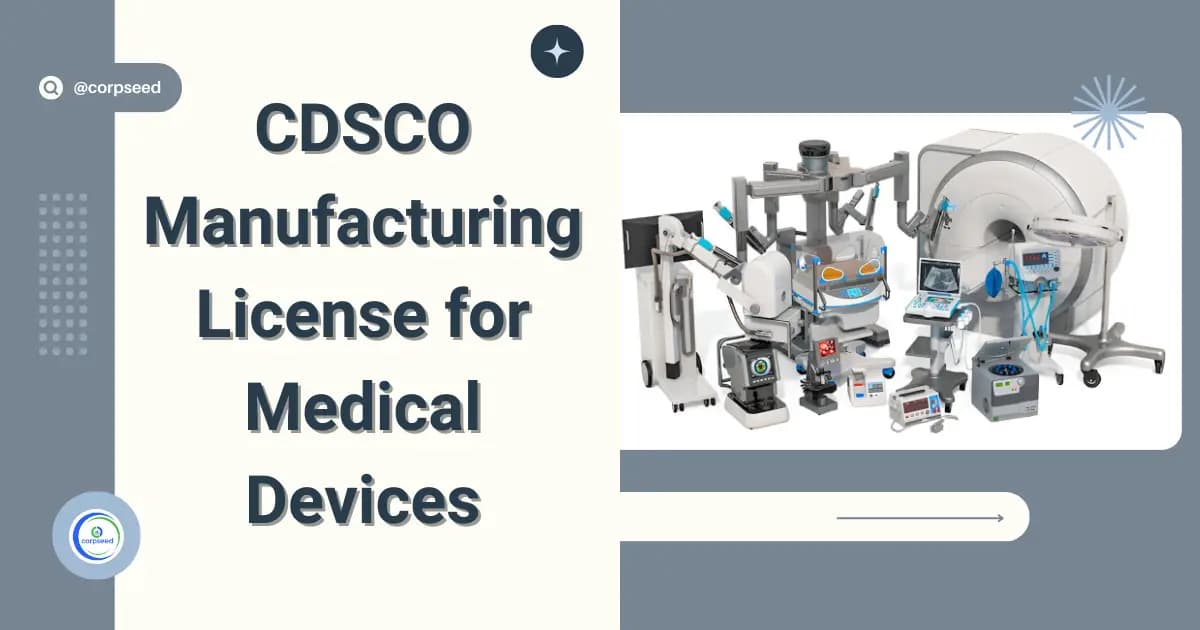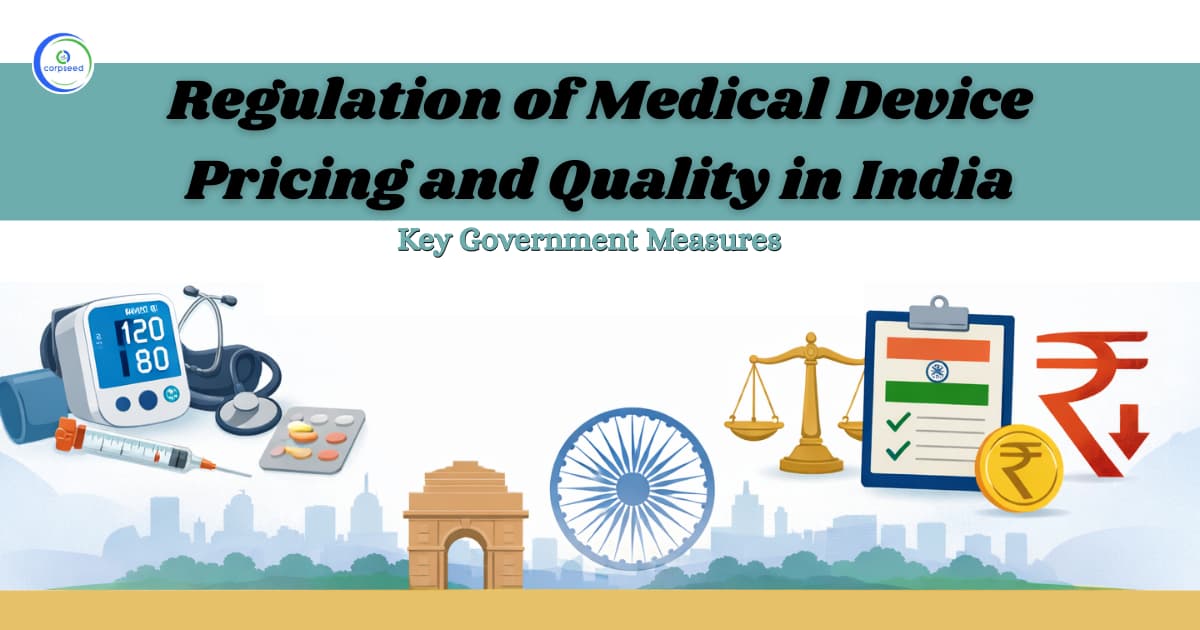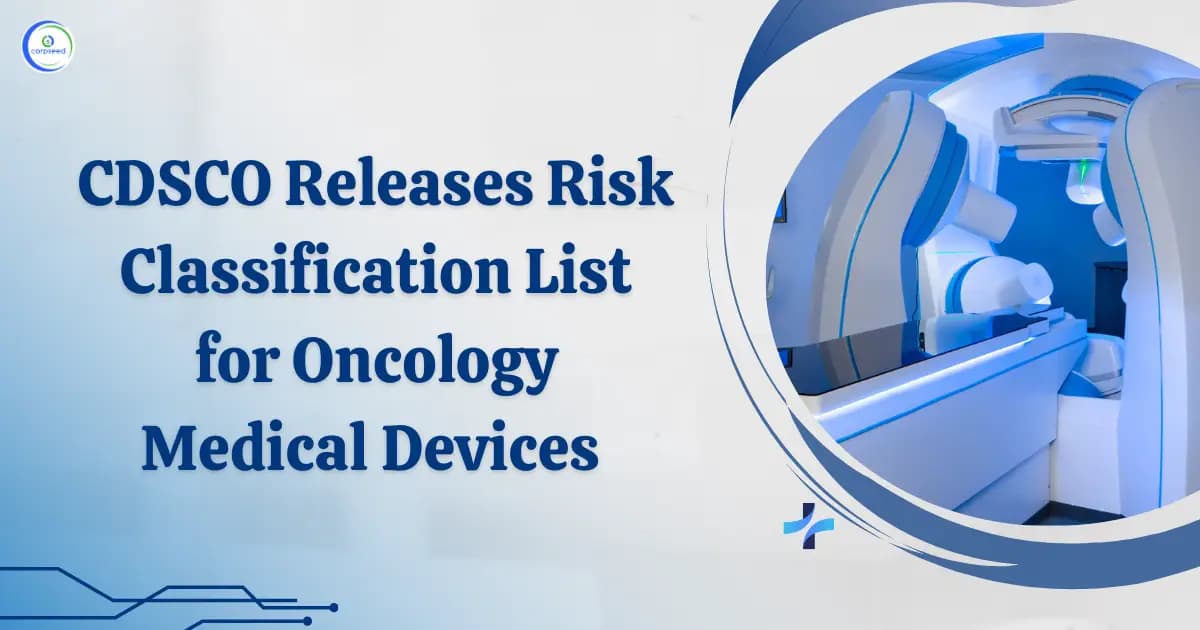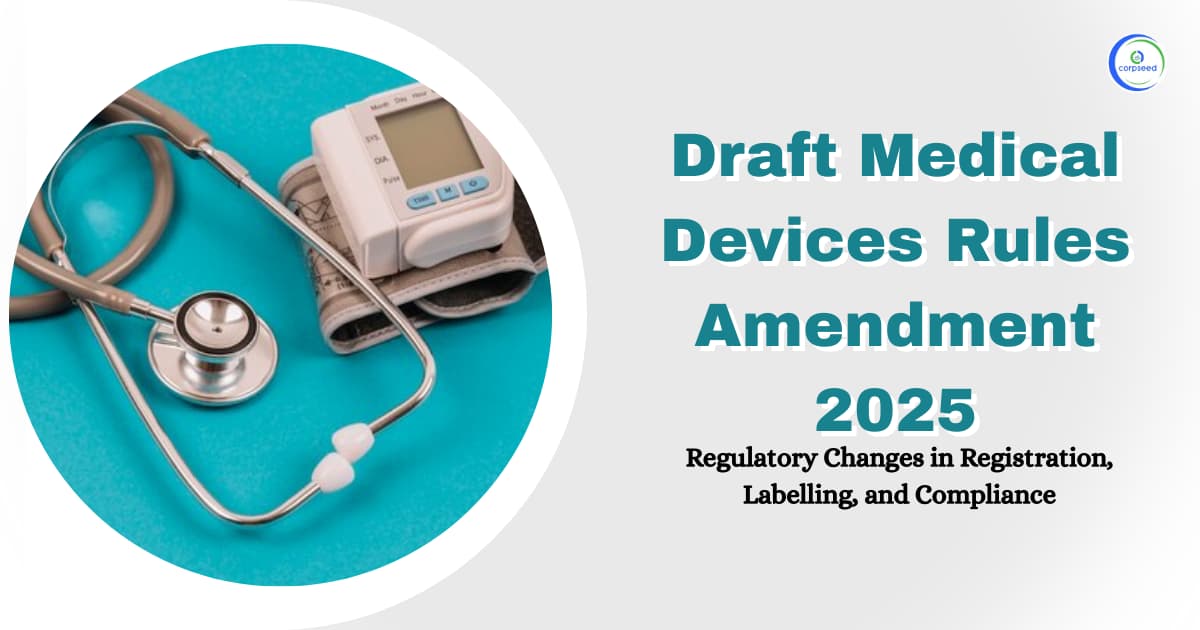
Loading...

The CDSCO Manufacturing License for medical devices is a mandatory requirement for any manufacturer who wants to manufacture and sell medical devices in India.
About the Author

Mahek Sancheti, BAJMC graduate with a deep passion for writing. As a content writer, video content creator, creative content creator, and scriptwriter, I bring stories to life through words and visuals. I honed my skills by working with a prominent news agency, where I excelled in crafting compelling narratives and engaging content. Coming from a journalism and mass communication background I have skills to craft engaging narratives that captivate audiences. With a keen interest in writing and creativity, I aim to deliver impactful and meaningful content that resonates with diverse audiences.
Related articles

CDSCO Releases New Guidelines for Compounding of Offences Under the Drugs and Cosmetics Act
2026-02-26

Regulation of Medical Device Pricing and Quality in India: Key Government Measures
2026-02-20

CDSCO Releases Risk Classification List for Oncology Medical Devices
2026-02-12

Government Notifies CGHS Drug Procurement Policy 2026
2026-01-24

Draft Medical Devices Rules Amendment 2025: Regulatory Changes in Registration, Labelling, and Compliance
2025-12-15

How to Get a Retail Drug License for Your Pharmacy
2025-12-08
Delhi Legal Metrology (Enforcement) Amendment Rules, 2026
2026-02-24 • 0 views
2023-02-27
2026-02-25